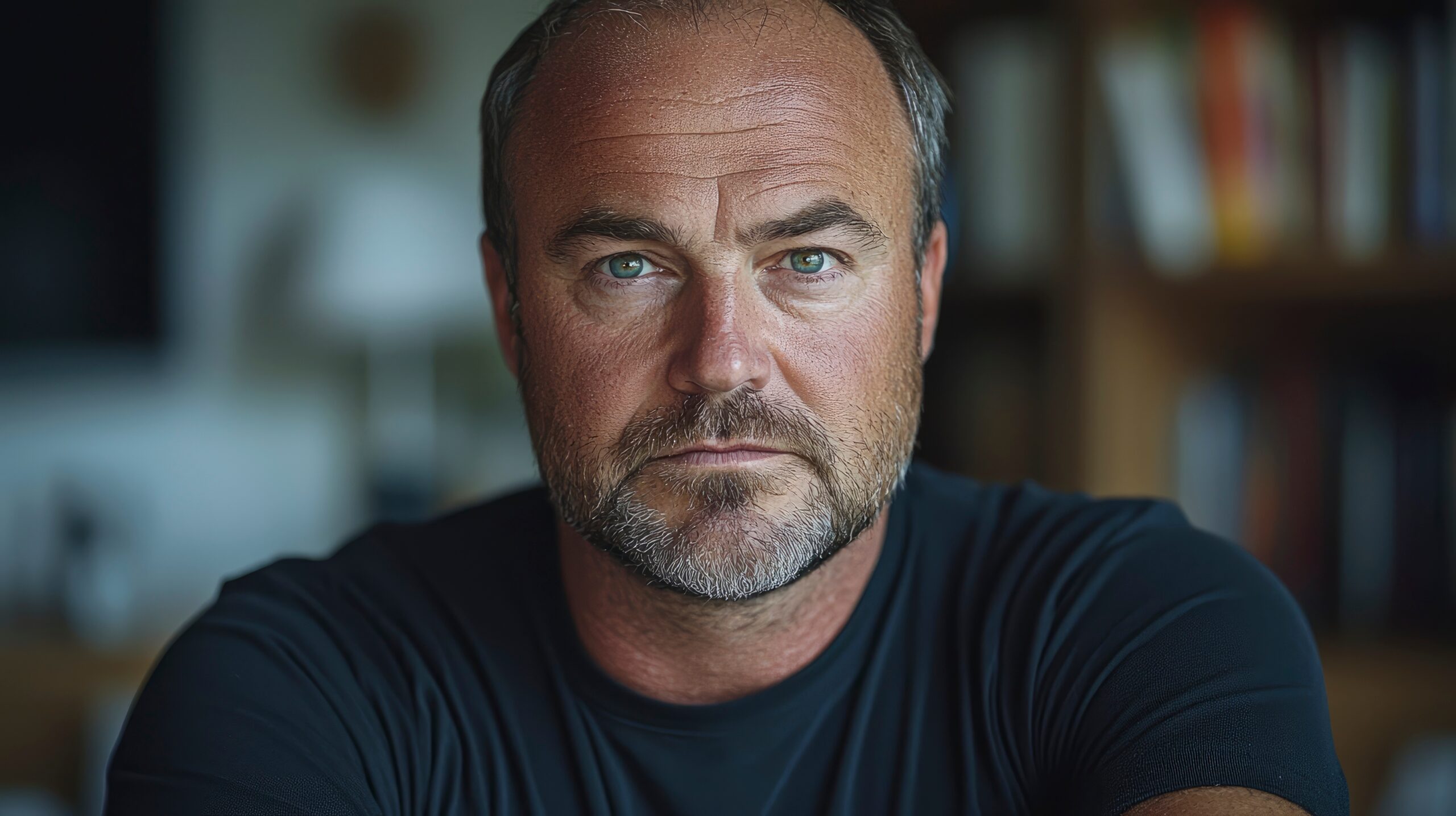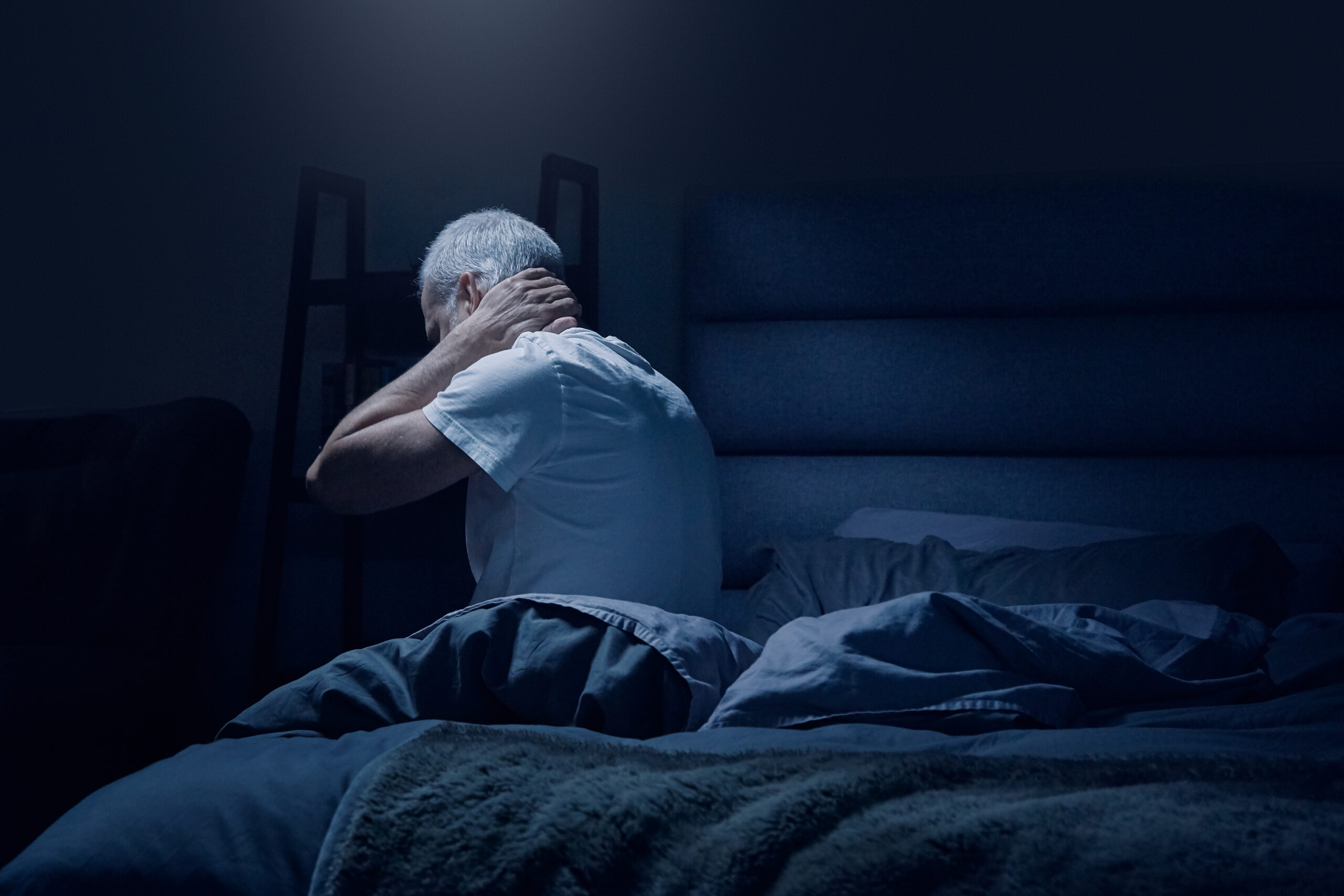
In 2017, it’s pretty fair to say that social media has taken precedent over many of our lives. Logging onto social media, we whet our appetites with celebrity gossip, or trawl through images and posts to find out what products everyone is using, or what today’s fashion trend is.
But more than these things, social media is a platform we use to follow, and interact with our friends, family, and acquaintances.
Despite this all sounding fairly tame, and “normal,” there may just be a bit of a problem with our social media obsession.
Leading research, conducted by Macquarie University and the University of NSW, found that today, women aren’t comparing themselves to the images they see in magazines or on billboards, rather, today women compare themselves with the people they see on social media.
Similarly, a more recent study was conducted by the same institutions, using a survey on 350 women in the US and Australia, aged 18-25, with the purpose of understanding more about women’s Instagram habits.
The research was a little confronting in what it found, with study data showing that women spending as little as 30 minutes, or more, on Instagram each day were more likely to value their body for its appearance rather than its health or physical functions, while creating a culture of ‘self-objectification’ of their own bodies online.
So, the problem then is that we are all too quick to believe what we see on social media.
We can’t look to social media as a true representation of who we are. Anyone who uses social media knows there are tricks to it. You can change your appearance online, using something as simple as “the pretty filter” on Snapchat, or you can get more intricate, and detailed, using applications such as Facetune or Picmonkey.
So, there is a good chance that many of the images posted by your peers have been edited. From airbrushing and spray tan to removing wrinkles and making bodies look thinner, it all can be done with a little help from free to cheap mobile phone applications.
These edited images are what many of us see when scrolling through our pages. And while we may think looking at following those fitspo pages will inspire us to obtain our ideal body, overall it is having a damaging effect on us.
Our advice to you, is to say that if you have ever felt negatively about your body after scrolling through Instagram, it’s safe to say you aren’t alone.
The best way to reduce these feelings is to detox from your social media accounts. Taking a break from those sites will benefit your body image and will give you a little boost to your mental health.
Let’s face it, reducing time on social media isn’t always easy. If you can’t kick the need for social media, try to follow more accounts that post realistic everyday images of people and spend less time following celebrities and all of those fitspo pages.



